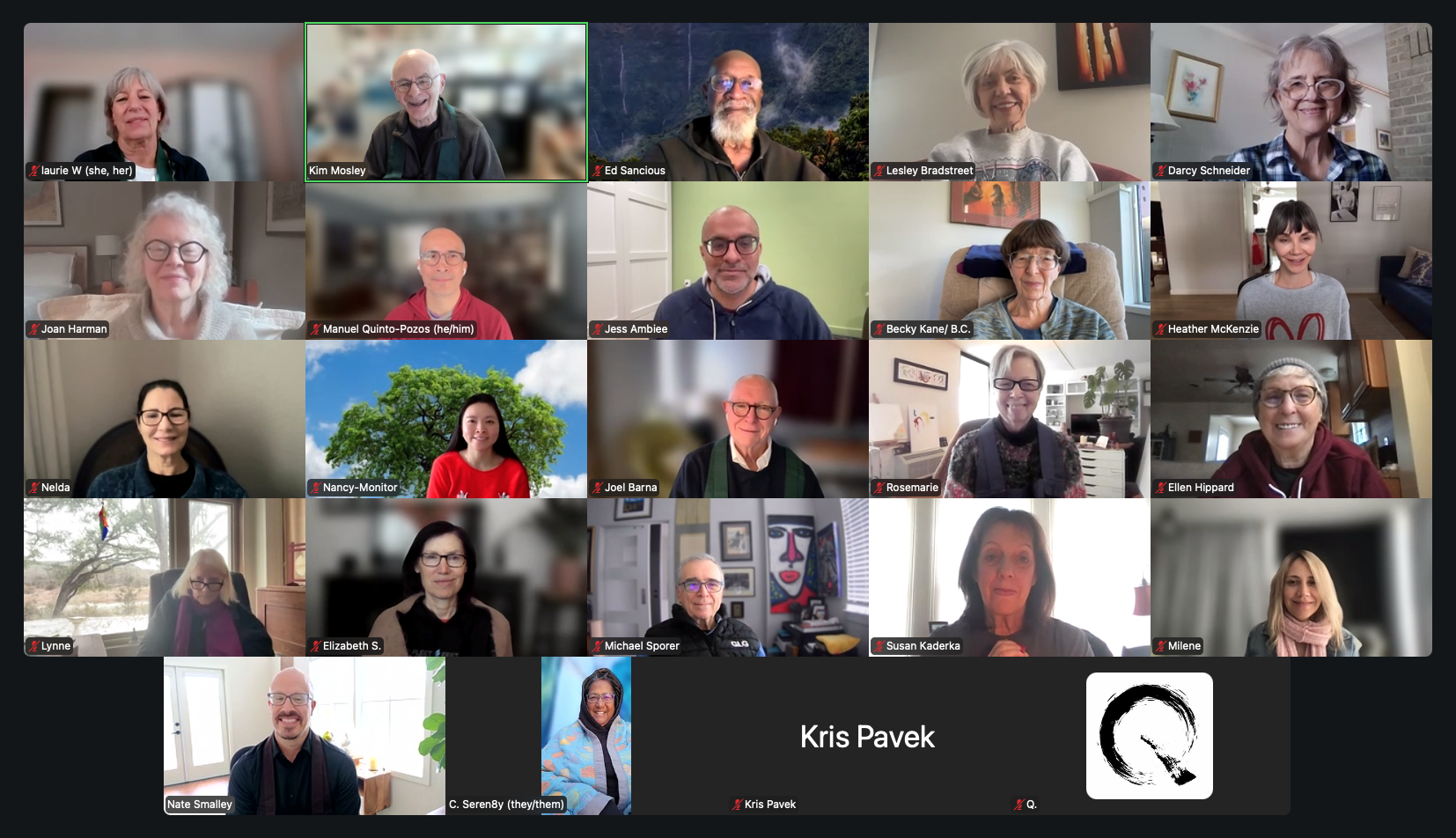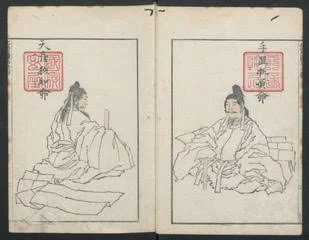Appamada's 2025 Precepts Program
“It is precisely Buddhist conduct that is the Buddha.”
—Hui Neng, Sixth Zen Ancestor
OVERVIEW
What does it mean to live a life of practice? What does it look like to respond, moment by moment, with care and clarity rather than habit and compulsion?
Appamada’s Precepts Class is a year-long personal inquiry into the Bodhisattva Precepts. The class is not a rulebook review or a behavioral audit. It’s not about becoming a better person, or even a good one. Instead, it’s a radical invitation to observe, without flinching, how our actions arise, how they land, and what they reveal.
The Buddhist precepts are not commandments or moral laws. They are intimate descriptions of awakened conduct—showing how a person might move through the world with clarity, compassion, and responsibility. Historically, the Precepts emerged as part of the Buddhist monastic code, but in Zen they’ve evolved into something subtler, serving not as rules to obey, but as living questions to carry. Rather than prescribing behavior, they illuminate the terrain of our choices. We don’t “follow” the precepts so much as investigate them. We test, observe, and refine how our actions express (or obscure) our deepest vows.
The Precepts are portals to intimacy, responsibility, and liberation.
The class will be led by Sandra Medina Bocangel, Ann Lipscomb, Kim Mosley, Nathan Smalley, Jessica Steinbomer, and Jon-Eric Steinbomer.
-
STRUCTURE
Over the course of 10 monthly hour-and-a-half long sessions—culminating in an optional ceremony in July—we’ll explore each of the precepts through the lens of our own lives. We meet not to master material but to metabolize it.
Each session includes:
A brief period of zazen (5 min)
Personal reflection on previous precept (15-25 min)
Study and dialogue on one precept (45–60 min)
Shared closing with chant and the Bodhisattva Vow
Between sessions, participants are encouraged to maintain a modest daily sitting practice and engage with the precept in the wild terrain of daily life. During each session we’ll invite reflection on the previous precept at each session. What showed up? What surprised you? What challenged your sense of who you are? This is not a linear curriculum—it’s a spiral, a conversation, and a mirror.
PARTICIPATION
Classes are offered via Zoom.
Schedule: Thursday evenings, 7:00-8:30 PM CT
Commitment: Monthly attendance, a daily sitting practice, and wholehearted engagement.
Who it's for: All are welcome—first-timers and returners alike. No prior Zen experience is required, just a willingness to show up and look closely.
Texts: Our core text will be Waking Up to What You Do by Diane Rizzetto We'll also weave in wisdom from assorted teachings by Reb Anderson, Robert Aitken, David Loy, and others.
SCOPE & SEQUENCE
September 11—Introduction: What Are the Precepts?
October 9—Practicing with the Precepts
November 20—Speaking of Others with Openness
December 11—Meeting Others on Equal Ground
January 8—Cultivating a Clear Mind
February 12—Taking Only What Is Freely Given
March 12—Respectful Intimacy
April 9—Letting Go of Anger
May 14—Supporting Life
June 11—Sustaining the Sangha
July 12—Precepts Ceremony (Sunday, 10:20 AM CT)
FINAL NOTES
This is a class, yes—but more truthfully, it is a container. A space for honest reflection, deep listening, and shared inquiry. You don’t need to be polished or “ready.” Just bring your wholehearted practice. Everything unfolds from there.





